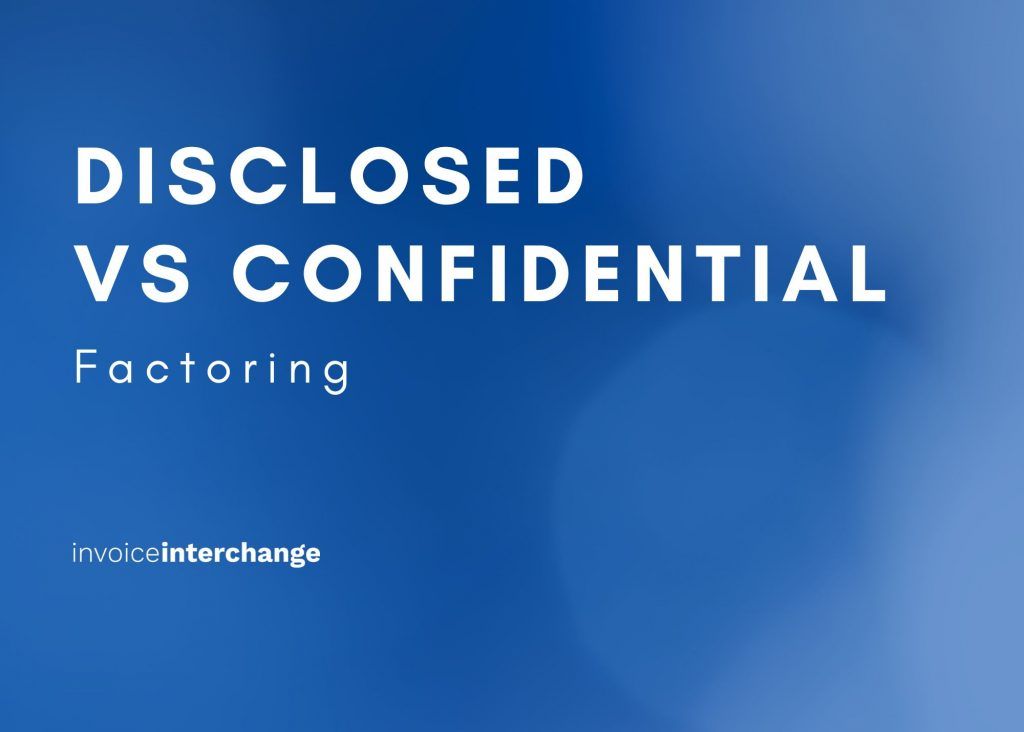An invoice factoring facility is a type of debtor finance that allows businesses to sell outstanding invoices (accounts receivable) to a financier for cash upfront rather than waiting for 30, 60 or 90 days to get paid. Invoice factoring can be further categorised into a disclosed or confidential facility. Let’s explore what this entails.
Disclosed (Notified) Factoring
A disclosed factoring facility is when the financing arrangement is made known to and acknowledged by all three parties: your business (supplier), your customer (debtor), and the financier.
A Notice of Assignment (NOA) is sent by the supplier to the debtor to inform the debtor that invoices are now assigned to the financier. Therefore, all assigned invoices under the facility are to be paid to the financier.
The notification is only done once during the set-up of the facility and remains in place for the lifetime of the facility. Most large corporates, MNCs, and government agencies are familiar with a disclosed factoring arrangement.
Confidential (Non-Notified) Factoring
A confidential factoring facility is when the financing arrangement entered between the supplier and the financier is not made known to the customer (debtor). Your business simply draws down funds against outstanding invoices. In most cases, the financier will require that customers pay your invoices to a specified bank account your financier controls or has access to.
Pros and Cons of Disclosed (Notified Factoring)
Competitive rates
A disclosed facility will offer you more competitive pricing compared to a confidential facility as more risks are mitigated. Some of the risks are:
- Fictitious invoices.
- Double financing – the same invoice is financed with multiple financiers.
- Redirection of funds – invoice payments are redirected back to the supplier without consent.
- Defaults – if the supplier enters administration, the financier can still demand payment from the debtor.
Larger facility limit
As perceived risk is lower for a disclosed facility, this means your business is more likely to receive a larger credit limit when compared to a confidential facility. Hence, more funds to fuel your growing business.
Longer set-up time
The initial setup may take a little longer than a confidential facility due to the Notice of Assignment process.
Invoice Factoring for Your Business
Both types of invoice factoring facilities will give you better control of cash flow. Need to pay salaries at month end but still waiting for your customers to pay? Tax deadlines? Paying your supplier to secure stock? No worries, just sell one or more of your invoices to get funds into your business today.
At Invoice Interchange, we offer online invoice factoring. Simply upload your invoice onto our platform. Upon successful verification, funds will be in your business bank account within 24 hours. The facility is fully flexible, which means there are no contract lock-ins, no minimum drawdowns, and no monthly fees. You pay as you use. It is so simple.
Related Articles

The Ultimate Guide to Invoice Factoring: How to Boost Your Cash Flow

Navigating Cash Flow: The Best Invoice Financing in Singapore for Businesses

